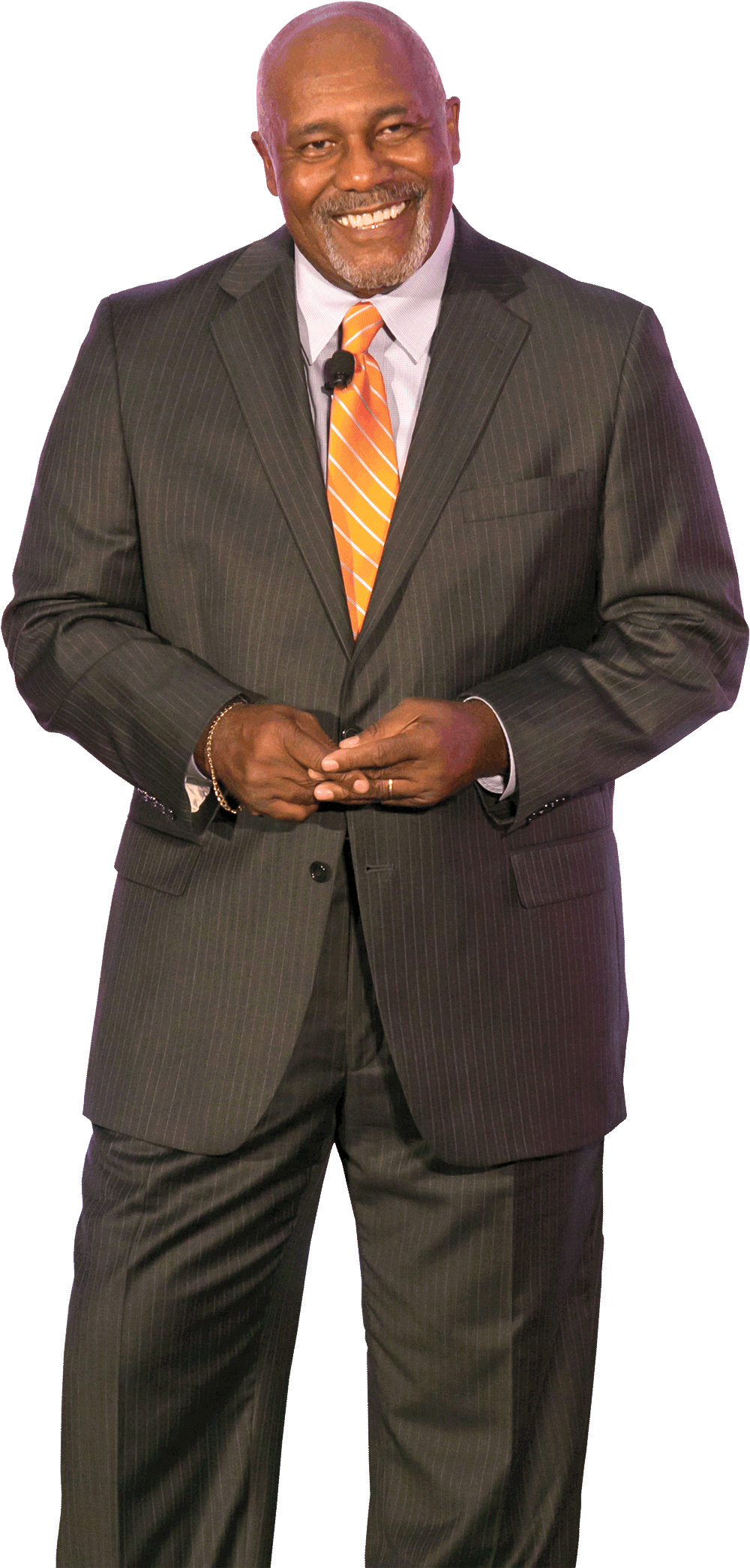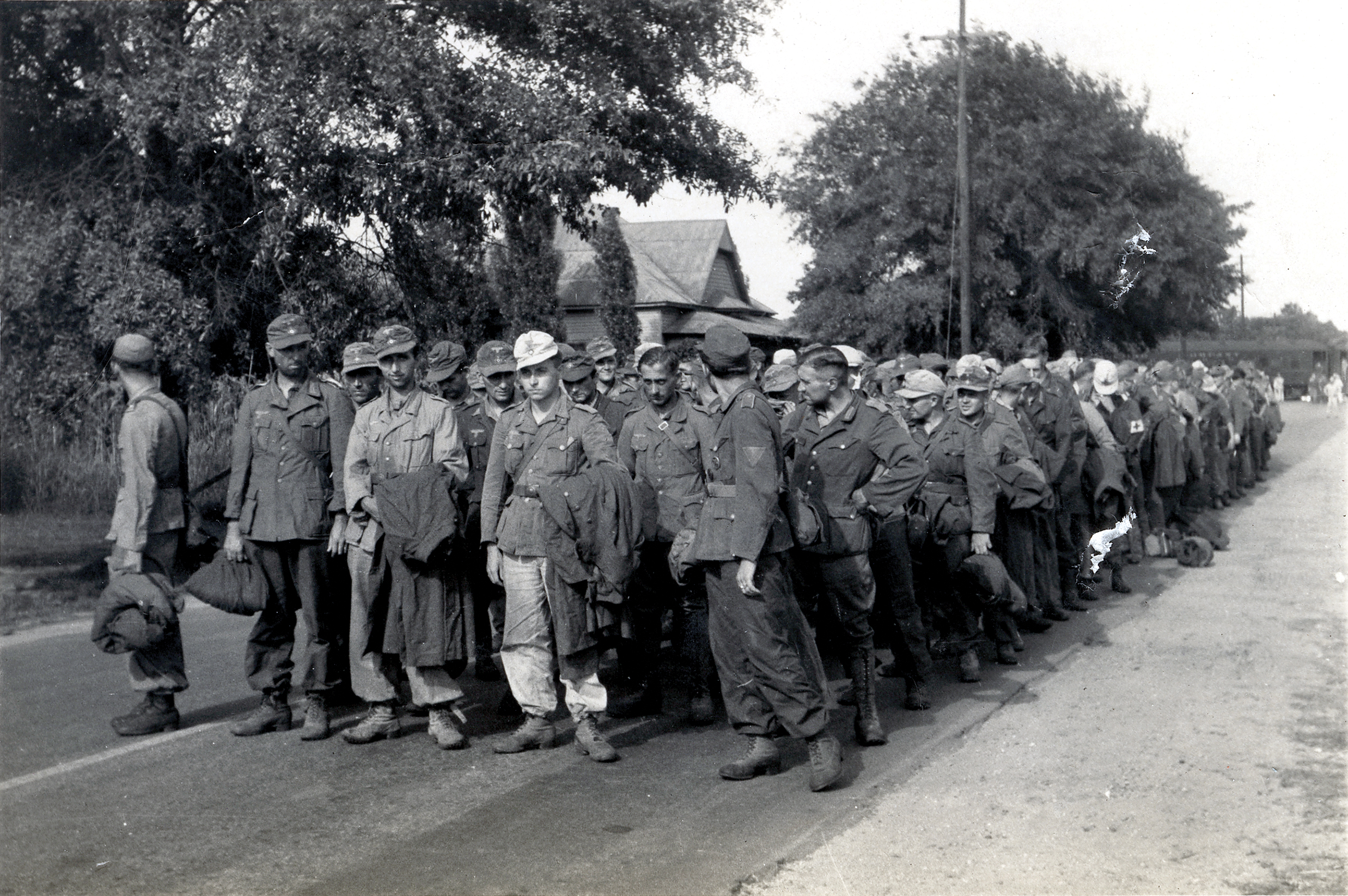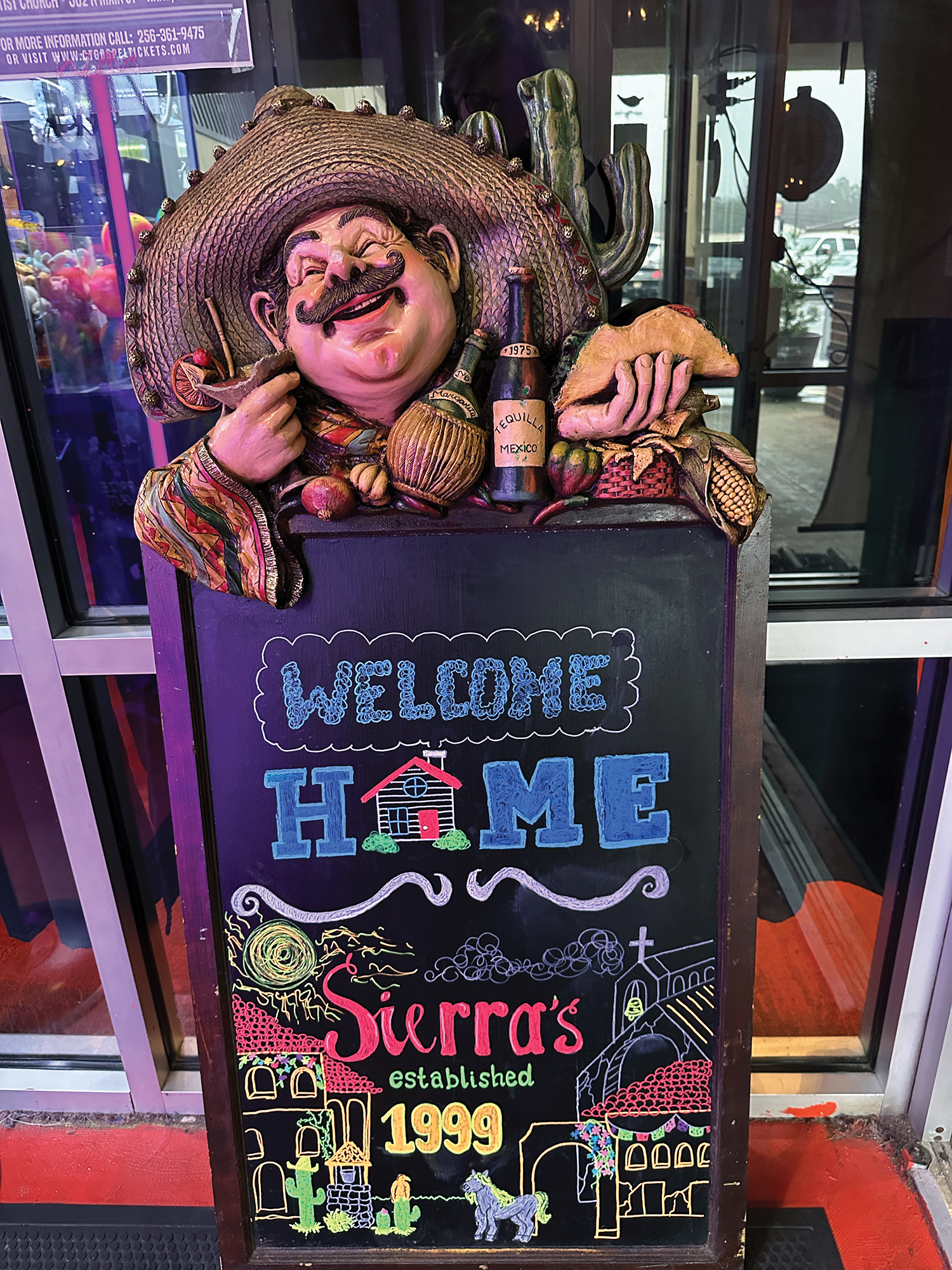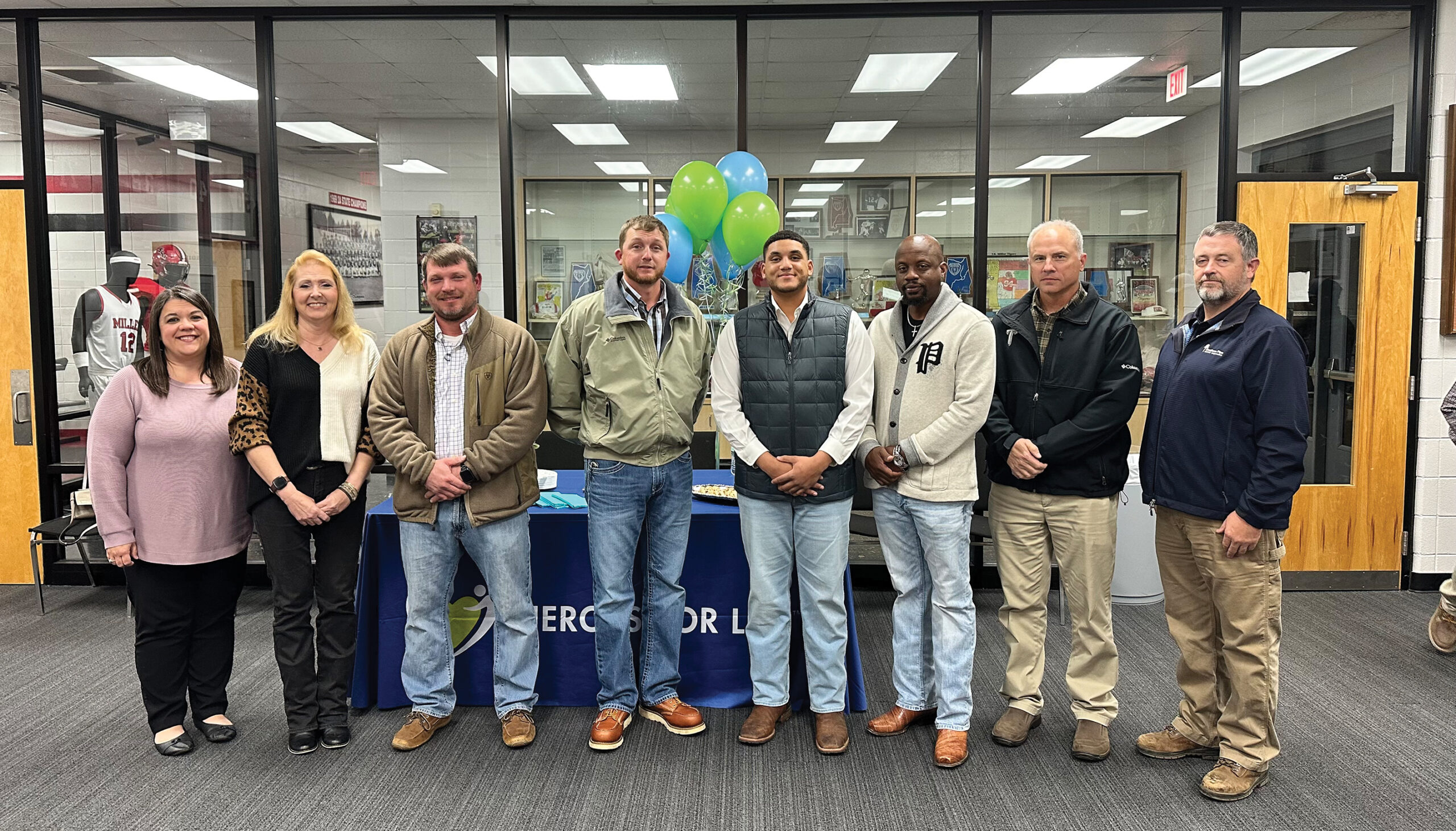 Author, actor,
Author, actor,
Auburn fundraiser
By Lenore Vickrey
Alabama Living last talked to actor and author Thom Gossom in 2014 after the premiere of “Quiet Courage: The James Owens Story,” the documentary that chronicled his friend Owens’ journey as Auburn’s first black scholarship football player. Owens died in 2016, and it’s been almost 10 years since the publication of Gossom’s own memoir, Walk-On: My Reluctant Journey to Integration at Auburn University, about his years as the first black athlete in the SEC to earn a full scholarship and graduate from Auburn. But Gossom has stayed busy with his acting career, writing more books, and promoting his alma mater. Most recently, he chaired the Auburn Foundation which hit its $1 billion fundraising goal more than a year ahead of schedule, making Auburn the first university in the state to raise that figure. We talked to Gossom, 65, who lives in northwest Florida with his wife but frequently comes back to his native Alabama, as he was preparing to speak to incoming freshmen football and basketball players at Auburn.
What’s been the reaction to the movie and the book?
I was very proud of the movie. It was my tribute to James. I felt he deserved it. It was also the university’s tribute to James and that whole experience. It was a part of our history, of the black students who were there and the university as a whole. I felt the story needed to be told about life in the ’60s and ’70s.
Was there a similar motivation for writing your book?
Yes, if that book had not been done, that part of our history would have been lost. So yes, I knew I would write the book when I was at Auburn. I started saving things. I thought it was a historical moment. I was always a history buff. My intention was to write about that time. The reaction of the university and alumni has been very positive. The book has been passed around from grandparents to parents to students. It’s been 10 years and the book still sells.
How did you come up with the idea for your “Slice of Life” series of books? They are labeled fiction, but how many of their characters are based on folks you’ve known?
They are composite characters. Some are based on some of the things I’ve seen. As an actor, you have to be observant. You get your base of a character from something you see and build it from there. The first book has more things I’ve seen and maybe participated in somewhat. The second and third are 100 percent fiction. There’s another one coming out, “I’ll Take the Crumbs,” which will be more contemporary and futuristic.
You’ve played characters onstage, in several TV shows, including “In the Heat of the Night,” “NYPD Blue,” and “Boston Legal” and in movies like “Miss Evers’ Boys” and “Fight Club.” What’s the most memorable role you’ve played?
It was for an episode of “NYPD Blue,” “Lost Israel (1997.)” It won an Emmy award. I played the title character, a homeless man who lived in a park, and who did not talk. He was accused of raping, molesting and killing a little boy, something he did not do. He could talk, but he chose not to.
It was a challenging role. For that entire time I was on set for nine days, I never said a word. A couple months ago, at one of the Auburn events, a guy came up to me and said, “I have every episode of ‘NYPD Blue’ and I’ve watched that one 4-5 times and I never knew that was you.” That was probably the best and hardest job I’ve ever done, but the most satisfying.
You recently headed up a highly successful fund drive for your alma mater, Auburn University, which raised an astounding $1 billion. You and fellow actor and alum Michael O’Neill co-hosted a live show in support of the campaign in multiple cities across the country. Tell us about that.
It was very strategic thinking on the part of the university. Having me as the chair doing these live events suited my skill set. It was something I believed in. We had a very creative communications team in the development department who would write great scripts for us. I got to tinker with it, to own the script, so it became me. It was just awesome. We felt very strongly, based on the wonderful job the development department was doing, that we would reach our goal ahead of time. Last I heard we were at $1 billion, 150 million. For me, it was knowing my history coming to Auburn as a walk-on, coming in during integration, being the first African American to graduate, the painful period, all that stuff, it was so gratifying and satisfying to be a part of something like that. Now I say, “We’ve done something that’s never been done before! What are we going to do for an encore?”
What new projects are you working on?
I’ve been talking to Michael O’Neill about working on a piece together called “Alabama Boys.” Basically it highlights our separate journeys together, including at Auburn and Hollywood. That would resonate. It would be something as a fundraiser for the university. I also have to finish the last book in the short story collection. And I’ve got a couple feelers out for film projects, waiting to see if they materialize. The last show I did for TV was “Containment” (2016), a limited series. So we’ll see what’s next. It’s been a great ride. I don’t want it to stop right now.





